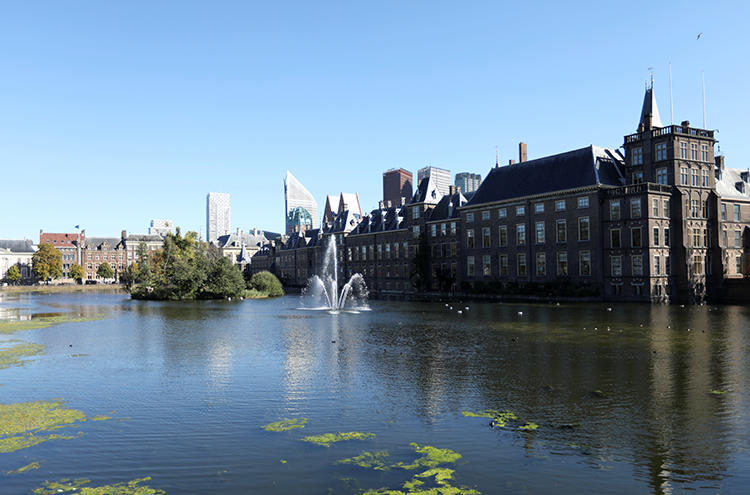Berlin, November 4, 2019 — Dutch lawmakers should amend a bill that could expose journalists to jail time for reporting from terrorist-controlled areas without government permission, the Committee to Protect Journalists said today.
Lawmakers in the Netherlands are considering draft legislation that would require citizens traveling to areas controlled by terrorist groups to request prior permission from the Ministry of Justice, according to news reports. Those who travel to such areas without requesting permission could face up to two years in jail, according to those reports.
The bill, titled the “Criminalization of Residence in an Area Controlled by a Terrorist Organization,” passed the lower house of the Dutch legislature on September 10, according to those reports; if it is passed by the upper house, it will become law. The upper house is scheduled to hold hearings on the bill beginning on November 12, after which it will schedule a final vote, Thomas Bruning, general secretary of the Dutch Association of Journalists, an independent trade group, told CPJ via email.
“Legally requiring journalists to request prior permission from the government before they travel to sensitive areas is an unnecessary restriction of press freedom,” said CPJ Europe and Central Asia Program Coordinator Gulnoza Said in New York. “The Dutch government should amend the ‘Criminalization of Residence in an Area Controlled by a Terrorist Organization’ bill to protect journalists covering terrorism from potentially facing years in prison for doing their jobs without the government’s sign off.”
The Dutch Association of Journalists sent a letter to the legislature in February after the bill was proposed, which CPJ reviewed, which expressed fears that the legislation would allow the government to easily track journalists, influence them, or stop their reporting. The letter also expressed concern that sources could see Dutch journalists as “an extension of a hostile state.”
In September, the legislature’s lower house rejected a motion from the Dutch Association of Journalists and other professional groups that would have allowed holders of press cards, for example those issued by the journalists’ association, to notify the government after their travel to terrorist areas, rather than before, according to those news reports.
